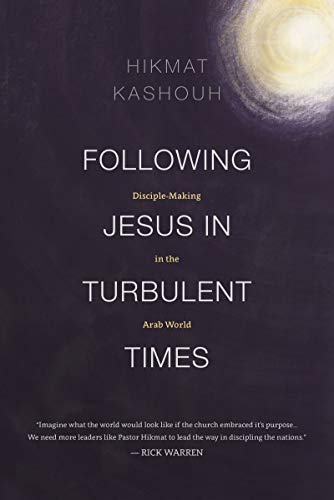Editorial note: This article is part 1 of a multipart series by Dr. Hikmat Kashouh.
In 2011, when the war in Syria broke out and Syrians started to flee to Lebanon, we were somewhat prepared to receive them. However, the truth is that you can never really be fully prepared for any of God’s movements. When God moves powerfully, we have learned to do three things: to follow his agenda and not ours; to constantly develop leaders and emerging leaders to carry out the ministry; and to partner with others. A few projects can be handled by a single church, but a movement needs churches to work together—and when we partner together, God alone receives the glory.
What Can We Do?
Some of you who are reading will now be asking, what can I do? How can I help with ministry in the Arab world? Do I have a role? Does my church have a role?

Yes of course you do. Here are some suggestions:
• Western pastors and church leaders who have the means but are unable to serve in the Arab world, should consider partnering with local churches on a deeper level. They should prayerfully seek churches that have a clear vision but lack human, professional or financial resources to accomplish that vision.
• Church members who choose to give only to NGOs should reconsider their giving strategy and start giving to local churches who partner closely with other local churches on the ground.
• Once relationships and trust are established, Christians can serve congregations in the Arab world from their homes and from a distance. Audio-visual experts, social media professionals, website designers, program developers, IT and financial specialists, crosscultural coaches and counsellors, and church leaders can do a lot through online communication to help, train and serve from a distance. is does not work in all situations, especially if there is a language barrier, but it can sometimes be very effective and can cut expenses signicantly.
• Sending short- or long-term missionaries to shadow leaders and encourage them is a wonderful way of serving together while still letting local leaders take the lead in serving their own people. Ministries could include education, counselling and prayer, discipleship, food programs, winterization, medical services, social clubs and training in various skills.
Finally, remember that ministry is not a one-way street. Churches like RCB, and others experienced in ministering to refugees, can be of great service in providing training, methodology and an understanding of cultural and language barriers to churches in the West that are embarking on refugee ministry.
